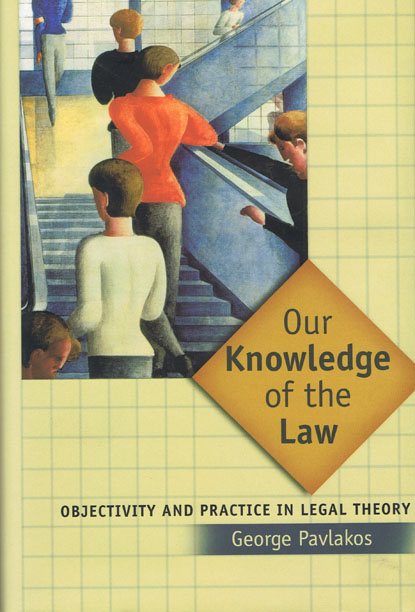
In the long-standing debate between positivism and non-positivism, legal validity has always been a subject of controversy. While positivists deny that moral values play any role in the determination of legal validity, non-positivists affirm the opposite thesis. In departing from this narrow point of view, the book focuses on the notion of legal knowledge.
Apart from what one takes to constitute the grounds of legal validity, there is a more fundamental issue about cognitive validity: how do we acquire knowledge of whatever is assumed to constitute the elements of legal validity? When the question is posed in this form a fundamental shift takes place. Given that knowledge is a philosophical concept, for anything to constitute an adequate ground for legal validity it must satisfy the standards set by knowledge.
In exploring those standards the author argues that knowledge is the outcome of an activity of judging, which is constrained by reasons (reflexive). While these reasons may vary with the domain of judging, the reflexive structure of the practice of judging imposes certain constraints on what can constitute a reason for judging. Amongst these constraints are found not only general metaphysical limitations but also the fundamental principle that one with the capacity to judge is autonomous or, in other words, capable of determining the reasons that form the basis of action. One sees, as soon as autonomy has been introduced into the parameters of knowledge, that law is necessarily connected with every other practical domain.
The author shows, in the end, that the issue of knowledge is orthogonal to questions about the inclusion or exclusion of morality, for what really matters is whether the putative grounds of legal validity are appropriate to the generation of knowledge. The outcome is far more integral than much work in current theory: neither an absolute deference to either universal moral standards or practice-independent values nor a complete adherence to conventionality and institutional arrangements will do.
In suggesting that the current positivism versus non-positivism debate, when it comes to determining law's nature, misses the crux of the matter, the book aims to provoke a fertile new debate in legal theory.